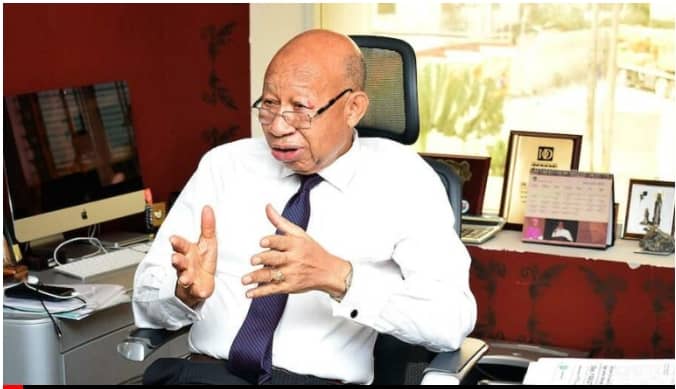The federal government has declared that the revised National Employment Policy (NEP) would create an enabling environment for productive and employment intensive growth in Nigeria.
This was made known in Lagos by the Minister of Labour and Employment, Mr. Muhammadu Dingyadi, in his opening remarks at the Nigeria Employers’ Consultative Association (NECA) 2025 Job and Employment Fair with the theme “Future Ready: Harnessing Digital Skills for Career Success and Employment.”
Dingyadi said: “I am delighted to inform you that the federal government on Monday, May 12, approved the adaption and implementation of the revised National Employment Policy for our dear country.
“The goal of the employment policy is to create the environment for productive and employment intensive growth in Nigeria.
“The review of the policy was borne out of the need to develop new strategies, which will address the challenges of unemployment and poverty, while creating economic opportunities for productive and remunerative employment for Nigerians.”
He said that the essence of the job fair is to assist in bridging the gap between jobseekers and employers, adding that the government’s main responsibility is to engender favourable environment for job creation and ensure that jobs are created and provided to Nigeria’s teeming youth population.
According to him, “this fair promises to be a remarkable event that showcases the importance of digital competences and potential within the Nigerian economy.
“It present excellence opportunity for us to interact, foster ties, share knowledge and share solutions that can shape digital employability and connect jobseekers to employers in need of their skills.”
The minister said that in an era that is defined by rapid technological advancement and digital transformation, the ability to learn and apply digital skills is no longer optional but essential.
“This is because the world of work is evolving at unprecedented pace and bringing new dynamics to play. From automation to artificial intelligence to remote collaborations to data driven decision making where nearly every industry rely on digital proficiency to not only operate but to drive and be able to compete favourably alongside with its peers.”
He pointed out that the growing disconnection of the institutions of education from practical digital competences that employers seek necessitated the theme of the fair that was focused on digital skills.
He noted that the multiplier effect of focusing on digital skills would be the development of future prone careers where skill gaps are bridged and reduced to the barest minimum.
Dingyadi said: “Digital skills are not static but evolving. The emphasis on being future ready signals the importance of lifelong learning, agility and adaptability in any professional field.
“This, in no small measure, will empower individuals to embrace change rather than shy away from it.
“By equipping jobseekers with relevant future capabilities this theme contributes to our country’s national goals of job creation, economic growth and reduced unemployment.”





